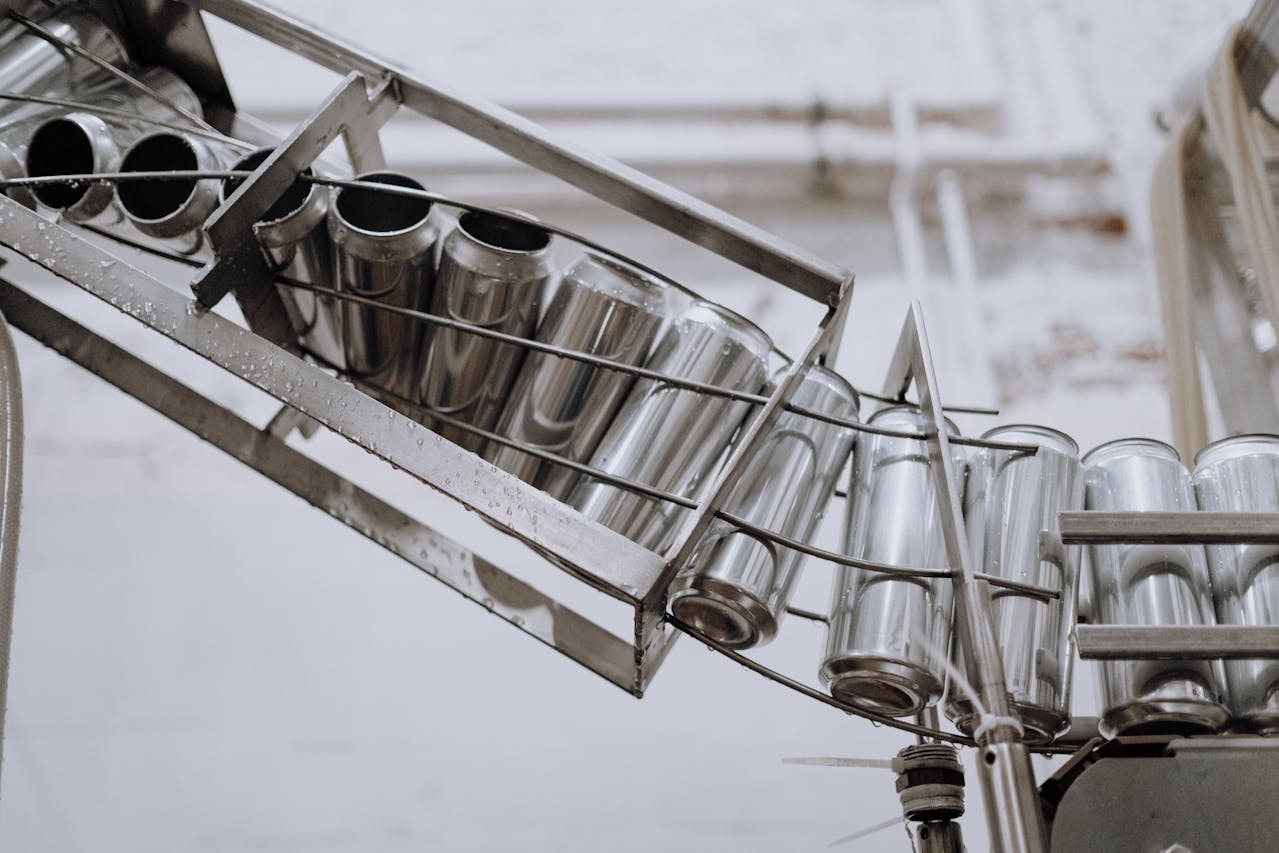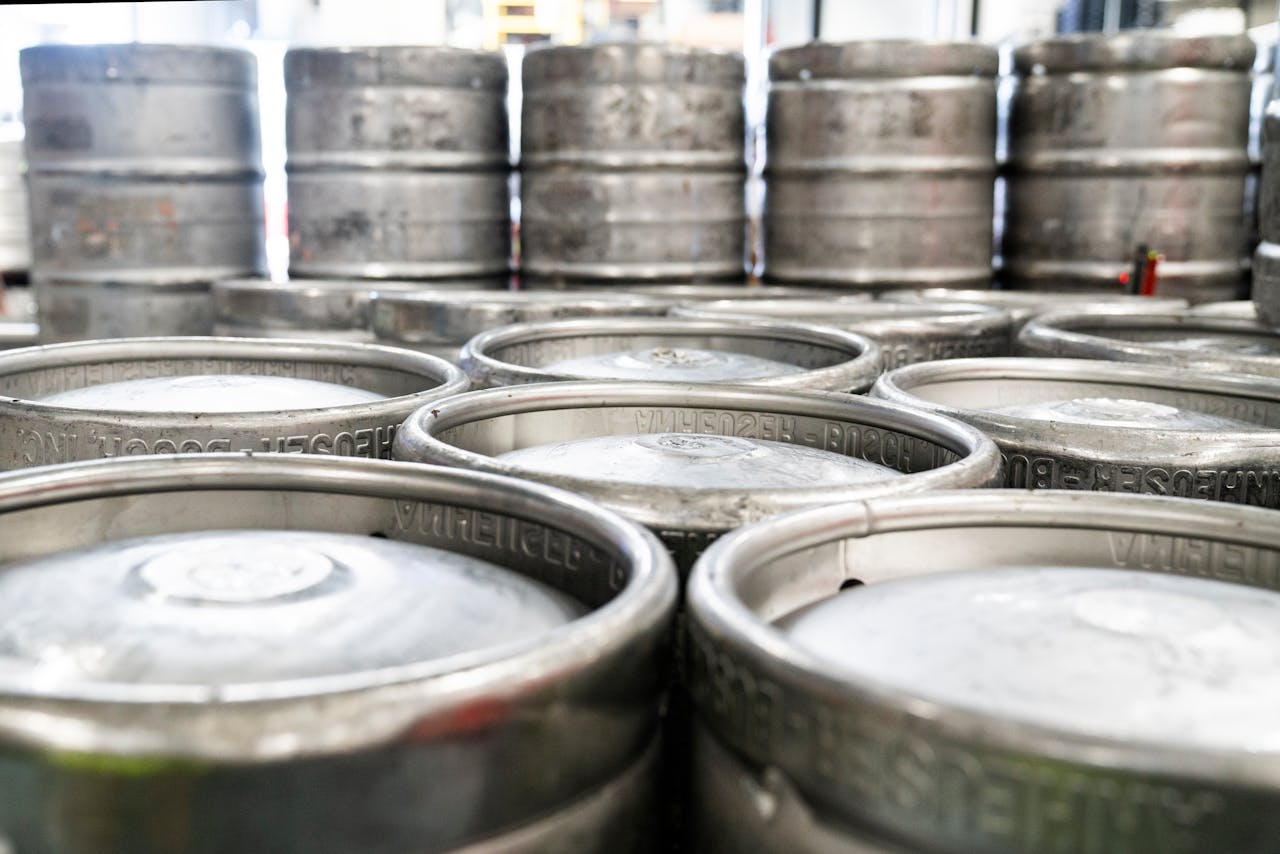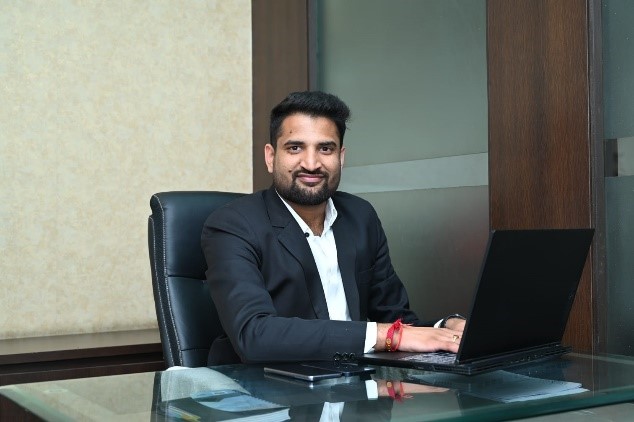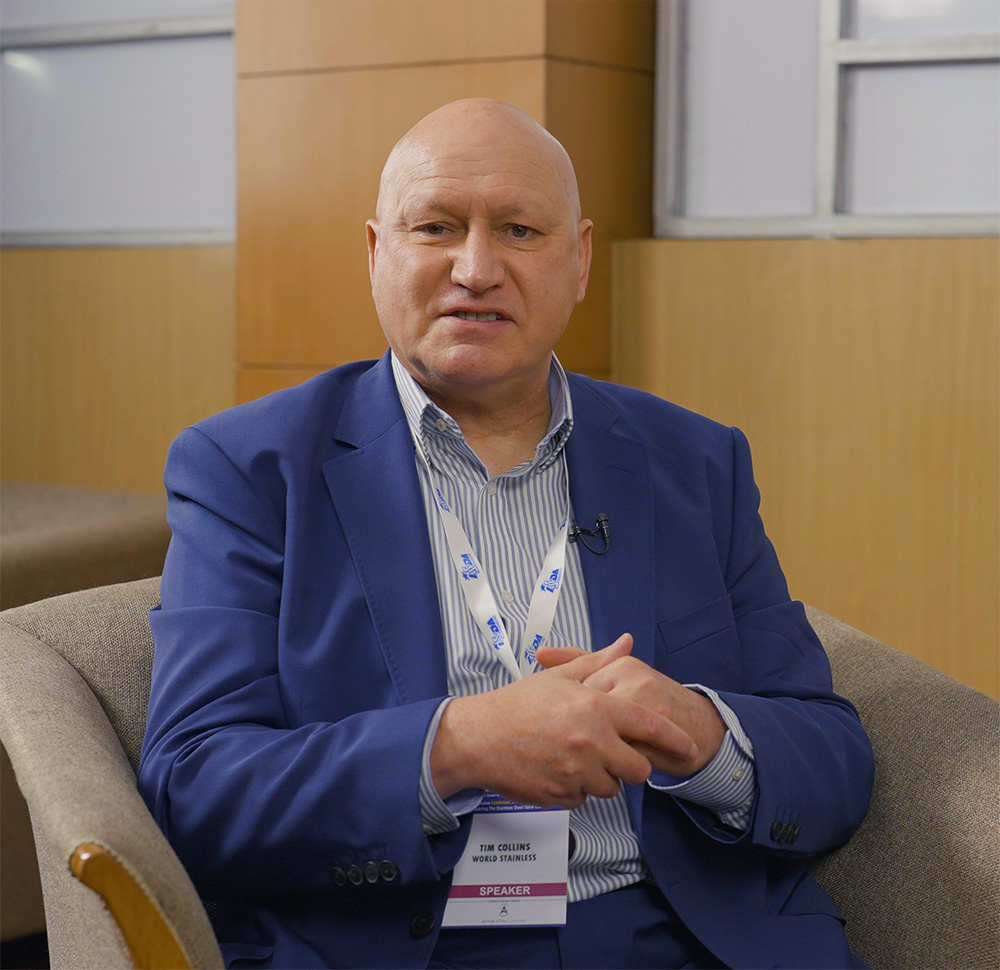Ms Sameera Satija
December 31, 2019
A government employee, an art enthusiast, and a spirited environmentalist, Ms Sameera Satija is synonymous to sustainability who has triggered a change in the landscape of Indian waste management with her one-of-a-kind stainless steel crockery bank.
Who is Sameera Satija? Take us through your quest as an environmentalist.
I prefer to be known as a citizen volunteer working in the field of waste management, environment, and sustainable lifestyle. I was born and brought up in a middle class family in Delhi. As a child, I was a shy person, engrossed in her own world of art and craft, but always observant, sensitive, and proactive towards my surroundings. I can now recall that my affiliation with waste management started right from my childhood. I used to see potential in waste material in order to re-use it by it into functional items. I completed my graduation from Ramjas College, University of Delhi from commerce stream in 1992. After that, I was selected for serving the Comptroller and Auditor General of India where I continue to work. My enthusiasm for the environment continues to grow, as does the need for saving the planet.
Tell Us About Your Initiative.
‘Crockery Bank for Everyone’ is a collection of stainless steel utensils which any one can use free of charge for any kind of social or religious gatherings. The project model was intentionally kept free of any monetary benefits as I wanted to motivate more and more people for using stainless steel utensils through this service, thus reducing their dependence on single-use plastic cutlery and utensils which end up in landfills and water bodies. According to United Nations Development Programme (UNDP), India generates ~15 million tonnes of plastic waste every year but only one fourth of this is recycled due to lack of a functioning solid waste management system. The project is an attempt to sensitize masses towards the importance of switching to smart and sustainable solutions like stainless steel.
Was There Any Particular Instance That Motivated You To Work For The Environment? Did You Have Any Role Model?
As an NGO volunteer, I joined a plantation group and helped them plant and nurture trees on any available barren land. This led me to even take up the challenge of clearing an illegal garbage dumping site in Delhi NCR and converting it into a habitable surrounding by planting fragrant plant and shrubs. Interestingly, the gigantic amount of garbage here gave it the title of ‘Kachra (garbage) Chowk’. However, with our team’s relentless efforts, we were successful in earning it the title of ‘Khushboo (fragrance) Chowk’.
This project was instrumental in my transformation as an environment volunteer. This motivated me to further study, understand, and realize the grave concerns pertaining to piling waste around us and the hazardous health issues they may lead to.
How Did You Come To Know Of Stainless Steel? Why Did You Choose This Metal For Your Project?
Traditionally, every Indian household is accustomed to stainless steel. Utensils in stainless steel almost are a heritage in families, being passed on from generations to generations. The metal is undeniably durable, affordable, hygienic, maintenance-free, and recyclable. I personally like its natural steel grey color. It effortlessly looks very classy, elite and sophisticated. So when I decided to start the ‘Crockery Bank’ initiative, stainless steel was the only choice. Even when used for large community level events, these stainless steel utensils come handy on daily basis without any damage. Further, the long life of this metal challenges any other metal in utensils.
It is motivating to see that with technological advancement and innovation in designs and patterns, stainless steel is increasingly becoming an uber and sustainable choice.
Tell Us About The Ground Level Changes You Experienced By Swapping Plastic With Stainless Steel.
The immediate benefit is that stainless steel curbs littering, which seems to be an easy option with plastic. Secondly, this material requires no additional care as it is tough and durable. Thirdly, it tends to your health unlike styrofoam crockery which is notoriously responsible for creating various health issues if one is regularly exposed to them.
Tell Us About The Working Model Of Your Crockery Bank. What Are Your Future Plans?
The ‘Crockery Bank’ is a collection of stainless steel utensils that can be used for any social or religious event free of charge. You may take the crockery, use it, wash it properly, and return.
From the very beginning, I envisioned this project as a nation-wide effort working in a decentralized fashion. As of today, there are nearly 26 crockery banks from all over India who have set up similar banks to serve the general public. There are many committed societies, groups, and institutes like Grand Arch, Catriona Appt, Malibu Town, Uniworld Garden Jesus and Mary College Delhi who have created the crockery bank for their own use as well. This initiative has helped us in saving around 3,35,000 units (plates, glasses, and spoons) of single-use plastic till date and the number is rising each day. I envision such banks across all cities in the country and a plastic-free India in the next 6-8 years.
I am also obliged to have been recognized by national associations like Indian Stainless Steel Development Association (ISSDA) that has consolidated a list of all crockery banks currently active in India and has sported it on its website. (http://www.stainlessindia.org/crockery_bank.aspx)
What Were The Challenges Faced By You During This Journey?
One major challenge was to do away with people’s apprehension of cleaning soiled utensils. To address this, we organized a community event where we called out for volunteers willing to wash the utensils. The response was overwhelming. Volunteers, majorly women and children, dressed up nicely to give out the message that washing utensils is a dignified thing. We did it on October 2, 2019 which was incidentally associated with Swachchta Abhiyan in India. It was hugely appreciated.
What Message Would You Like To Give To All Young Entrepreneurs Out There?
The only message I would love to give out to the young entrepreneurs is to be mindful, thoughtful and responsible of their actions. I would request them to integrate sustainability into their core business practices and also try to adopt them in person. This is the only way forward. No business, however big it is, can make its brand image without being aligned to sustainability and its responsibilities towards the ecosystem we inhabit.






